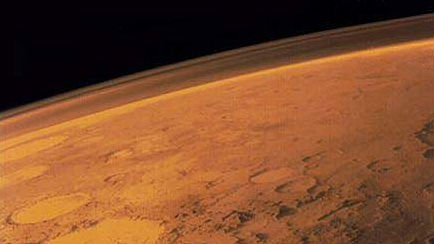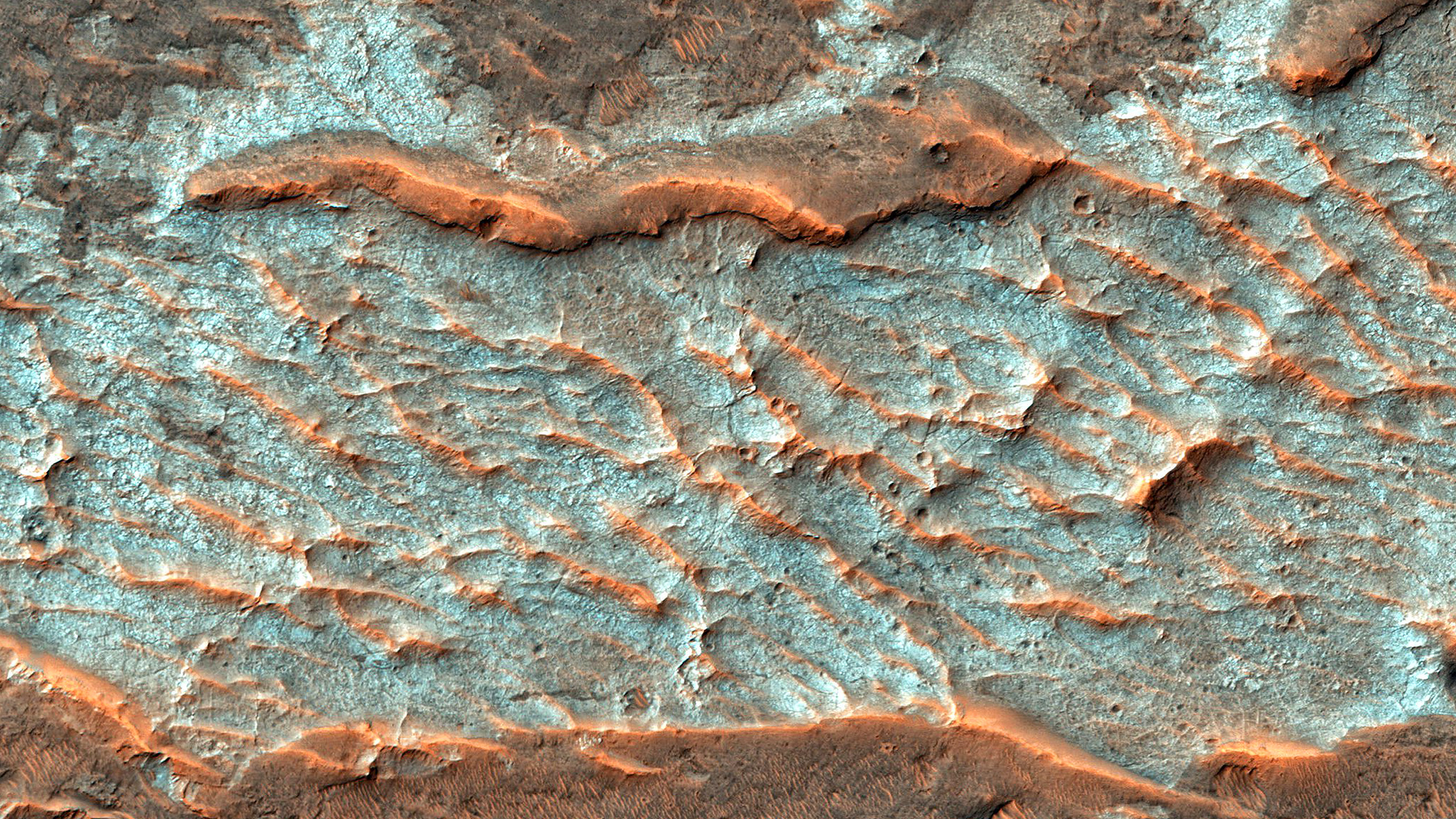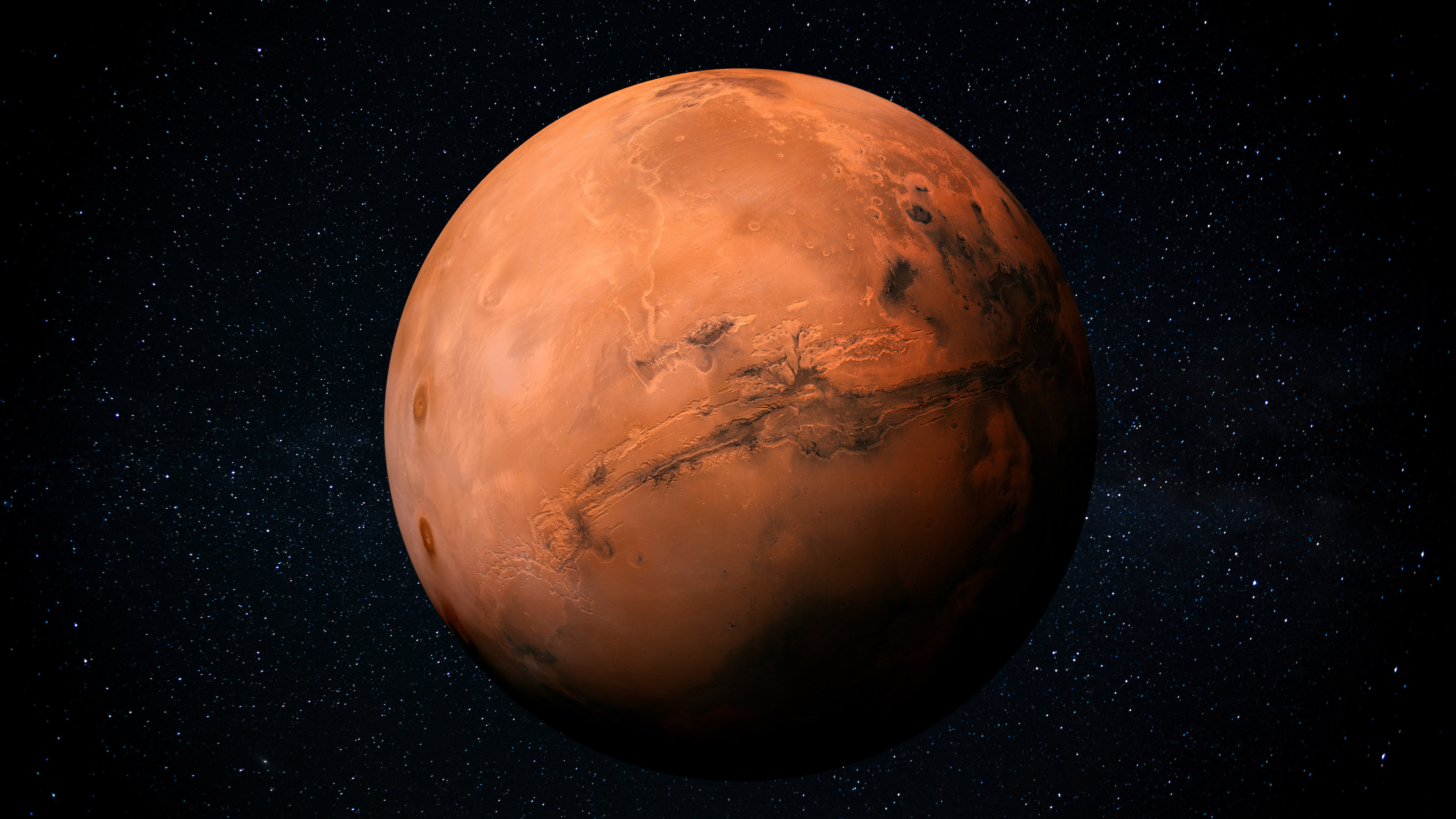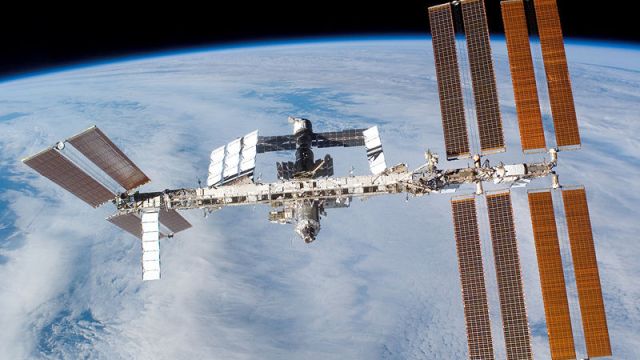Mars’ Soil Suitable for Life

What’s the Latest Development?
A new analysis of data gathered by N.A.S.A.’s Mars Phoenix Lander suggests the Red Planet’s soil may be hospitable to life after all, contrary to previous thinking that it was too full of oxidizing compounds. “Phoenix made the pH and various other discoveries using its onboard wet chemistry laboratory (W.C.L.). The lander scooped Martian dirt into cups of water brought from Earth, and the W.C.L. instrument analyzed the resulting solution.” In the 1970s, organic compounds which were dropped onto the Martian soil seemed to decompose.
What’s the Big Idea?
The new soil data are “very positive” in terms of the potential for life to get a foothold on Mars, said Richard Quinn of N.A.S.A.’s Ames Research Center. “Just a month or so into its mission, Phoenix found that the dirt at its landing site was mildly basic, with a pH around 7.7. The lander also detected several chemicals that could serve as nutrients for life-forms, including magnesium, potassium and chloride.” The findings, to be sure, do not prove the existence of life on Mars but do suggest water flowed beneath the surface as recently as a year ago.





